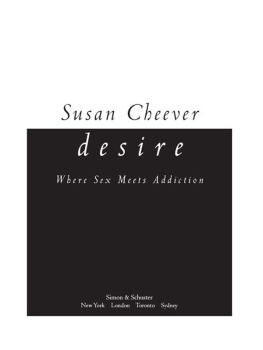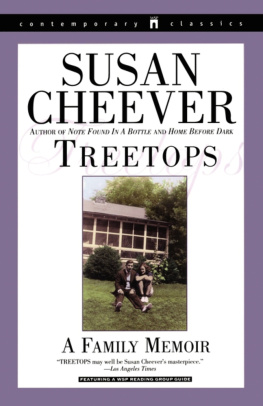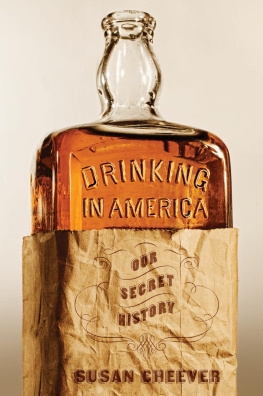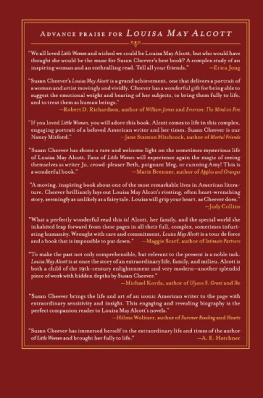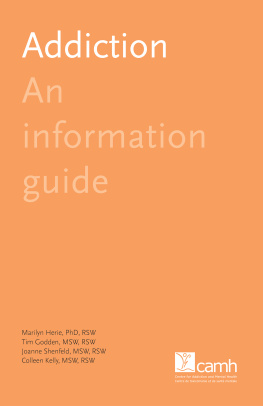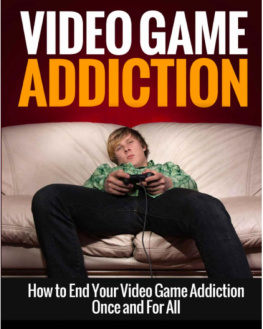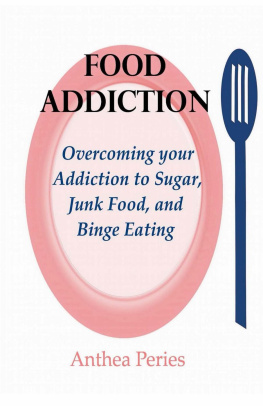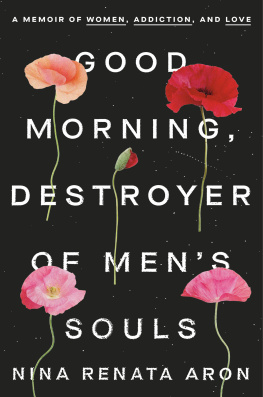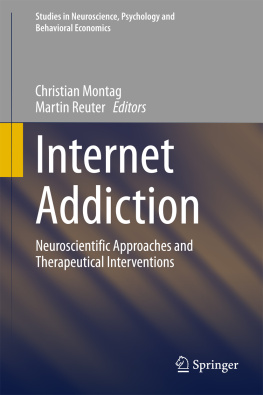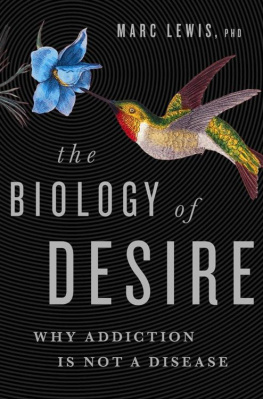A LSO BY S USAN C HEEVER
American Bloomsbury
My Name Is Bill
As Good as I Could Be
Note Found in a Bottle
A Womans Life
Treetops
Elizabeth Cole
Doctors and Women
Home Before Dark
The Cage
A Handsome Man
Looking for Work

Simon & Schuster
1230 Avenue of the Americas
New York, NY 10020
Copyright 2008 by Susan Cheever
All rights reserved, including the right to reproduce this book or portions thereof in any form whatsoever. For information address
Simon & Schuster Subsidiary Rights Department,
1230 Avenue of the Americas, New York, NY 10020
SIMON & SCHUSTER and colophon are registered trademarks of Simon & Schuster, Inc.
Library of Congress Cataloging-in-Publication Data
Cheever, Susan.
Desire: where sex meets addiction / Susan Cheever.
p. cm.
Includes bibliographical references.
1. Sex addiction. 2. Sex. 3. Lust. I. Title.
RC560.S43C54 2008
616.85'83dc22 20008015065
ISBN-13: 978-1-4165-9436-9
ISBN-10: 1-4165-9436-1
Visit us on the World Wide Web:
http://www.SimonSays.com
acknowledgments
L ike every book I have written, this book is more of a collaboration than a solo effort. Without Ron Sanders, Eliza Griswold, Jane Hitchcock, Kim Witherspoon, David Forrer, and David Rosenthal this book would never have been attempted. Without Gail Hochman, it would not have been completed. Many of the men and women who helped me would rather not be named, but they are legion. Everywhere I went, it sometimes seemed, someone had a story to tell or an idea to explain. The people whom I interviewed for the book are the heart of it, and I thank them. While I was writing, my editor Sydny Miner was invaluable both for her editing talent and her enthusiasm. All mistakes are my own, but Sydny, along with Michelle Rorke, Gypsy da Silva, and Fred Wiemer helped me to make many fewer.
My children suggested that I dedicate this book to my children who died of embarrassment. In spite of their ambivalence about many things I have written, their intelligence, good humor, and steadfast hearts are my true inspiration.
To whom it may concern.
contents
a note to the reader
M any of the names and circumstances in this book have been changed to protect people who have told me their stories. Sex is a controversial subject even in our world of no taboos and instant information. Although as a writer I believe that nonfiction should be as close to the truth as possible, I have compromised here to protect people who have asked to remain anonymous. That this is so necessary in a book with sex and addiction as its subjects is evidence enough that we have not been able to give them the candor and compassionate openness that characterizes so much of American culture today.
If I speak with the tongues of men and of angels, but have not love, I am a noisy gong, or a clanging cymbal. And if I have prophetic powers, and understand all mysteries and all knowledge; and if I have all faith, so as to remove mountains, but have not love, I am nothing.
St. Paul in I Corinthians
I do not like to work with patients who are in love. Perhaps it is because of envyI, too, crave enchantment. Perhaps it is because love and psychotherapy are fundamentally incompatible. The good therapist fights darkness and seeks illumination, while romantic love is sustained by mystery and crumbles on inspection. I hate to be loves executioner.
Stanford psychiatrist Irvin D. Yalom
The opposite of love is not hate. The opposite of love is indifference.
Maggie Scarf
desire
the bride, the groom, and the dog
S tanding under a black walnut tree in front of my parents eighteenth-century house on a spring afternoon, I prepared to get married for the third time in a broad-brimmed white straw hat and a gauzy blue and white dress. One hand held the crumpled, preprinted wedding vows; with the other I tried to comfort my sobbing six-year-old daughter, dressed for the occasion in a beloved pink jumper. My heels sank into the green lawn near a shaft of June sunlight.
Weddings make the heart soar. If second marriages are the triumph of hope over experience, as Samuel Johnson famously wrote, third marriages may be the triumph of imagination over experience. They are even more improbable and require something closer to delusion than simple hope. There is something delicious and heartening about a wedding; a wedding is a chance to let our dreams seem real, a frothy ceremony that is both a great party and a powerful symbol, and this is even truer when the bride and groom are experienced and knowing.
My mother had spent months planning the afternoon of the wedding, and in spite of her own ambivalence about having a daughter who was getting married for the third time, she had pulled out all the stops: there was a creamy canvas tent behind us between the walnut tree and the house, a small dance floor, platters of poached shrimp, and a gleaming, many-tiered white wedding cake decorated with garlands of flowers and a miniature marzipan bride and groom. Three hundred friends and relatives had come to Westchester from as far away as California to celebrate. The grooms family stood behind us. My two handsome younger brothers in their Brooks Brothers suits tried to calm the boisterous children from various families and the undisciplined family dogs. My mothers Labrador retriever growled to warn my corgi away from the house, while the grooms naughty basset hound explored the smells near the buffet table.
I was marrying the love of my life, a wonderful man I had been in love with for years, a man it seemed I had fallen in love with the moment he walked into a party on Potrero Hill in San Francisco where I had gone with my first husband to meet some writers. It was 1972, Richard Nixon had just been reelected by a landslide, and the Washington, D.C., police had arrested five men for what appeared to be a minor break-in at the Watergate complex. Politically, anyone left of center felt under siege. At the party, given by the journalist I. F. Stones sister Judy, I was talking to Alvah Bessie, one of the men who had been blacklisted during the McCarthy era for refusing to answer the questions of the House Un-American Activities Committee. Bessie and Stone were our heroes.
Suddenly, there was a stir on the other side of the room near the door. I looked up and saw Warren entering the room like a king. Although we were both married to other people, and although I lived with my husband in New York and he lived with his family in San Francisco, our connection arced across all that like electricity traveling between two poles. Warren had a Victorian house with a library that he had painted deep red, a beautiful wife, two little girls, and a ditzy basset hound named Alice.
Now, seventeen years later, on our wedding day, we knew that our love had survived every obstaclegreat distances, years apart, family opposition, job changes, other peoples pain, our own pain, an avalanche of advice, the death of Alice, and the acquisition of Bentley, another basset. I was certain that I was marrying my great love. We had moved heaven and earth to be together. Our feelings had even endured through my marriage to someone else and subsequent divorce, Warrens divorce from the mother of his daughters, and the death of my father. Our connection was as strong as it had ever been. We made each other laugh. We continued to surprise each other. I loved him for the way his mind worked, for the generosity that had unhesitatingly invited my anxious daughter on our honeymoon, and for his passion for helping those in trouble and those with few resources. I loved him for his searching soul, which always questioned authority whether it was President Nixons or my mothers. She had ordered us to be on time for the ceremony and bring the liquor.

